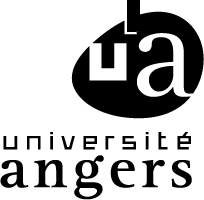- International
- Recherche
Retour sur la Summer School EuQu
-
Du 14 juin 2022 au 17 juin 2022Maison des Sciences de l'Homme Ange Guépin
5 allée Jacques Berque
44000 Nantesfalse false
Cette école d’été nous a permis de voir comment l’islam et le Coran sont rentrés dans les débats entre Protestants et Catholiques à partir du XVIe siècle et comment cette triangulation religieuse a permis une ouverture intellectuelle à l’aube de l’époque des Lumières.
La Summer School EuQu a réuni une quarantaine de personnes, une équipe interdisciplinaire et très internationale, y compris :
• Les 4 Principal Investigators du programme « The European Qur’an », financé dans le cadre d’un Synergy Grant du Conseil Européen de la Recherche (ERC) (voir https://euqu.eu/)
o Mercedes Garcia Arenal (CSIC Madrid)
o Jan Loop (Univ. Copenhague)
o Roberto Tottoli (Univ. la Orientale, Naples)
o John Tolan (Nantes)
• Les post-docs et doctorants du programme, équipe très internationale, associés aux 4 universités partenaires
• Autres chercheurs associés et invités, venant de l’Europe et des USA
• Des étudiants nantais, doctorants et en master
Le projet ERC Synergy Grant "EuQu" est un projet scientifique de première qualité, avec des implications sur les manières dont on perçoit l’islam en Europe. Nos recherches montrent la place du Coran dans l’histoire intellectuelle et culturelle de l’Europe et les divers domaines dans lesquels l’étude du Coran a impacté la culture européenne.
Le thème de l’école d’été est « The Qur’an in inter-Christian polemic ». En voici le résumé en anglais : « How have Christian authors in Europe used and appropriated the Qur’an? We are interested in how the Qur’an was used as a historical and linguistic archive, as a mine of heretical ideas and as a tool used in confessional rivalries. Our focus will not be restricted to the main confessional camps, Roman Catholic and Protestant, but will also include the many ways in which groups of the so called radical Reformation (Socinians and other anti-Trinitarian movements), different groups inside the Roman Catholic world, as well as Deist, Muslim and Jewish authors in Europe, used the Qur’an in their polemical writings. We will also study how translations of the Qur’an were deployed as argumentative weapons for preaching the superiority of Christianity to Mudejars and Moriscos in Spain. Additionally, the question of nationalist motivations in the collecting and translating of the Qur’an will also be taken into consideration: beginning in the late 17th century, various European countries vied with one another to produce the best translation of the Qur’an made directly from the Arabic. We will further investigate if and how polemical and historical uses of the Qur’an changed in the late 17th and 18th century and early 19th century. The Qur’an continues to play an important role in polemical writings, in political as well as religious domains.”
• Les 4 Principal Investigators du programme « The European Qur’an », financé dans le cadre d’un Synergy Grant du Conseil Européen de la Recherche (ERC) (voir https://euqu.eu/)
o Mercedes Garcia Arenal (CSIC Madrid)
o Jan Loop (Univ. Copenhague)
o Roberto Tottoli (Univ. la Orientale, Naples)
o John Tolan (Nantes)
• Les post-docs et doctorants du programme, équipe très internationale, associés aux 4 universités partenaires
• Autres chercheurs associés et invités, venant de l’Europe et des USA
• Des étudiants nantais, doctorants et en master
Le projet ERC Synergy Grant "EuQu" est un projet scientifique de première qualité, avec des implications sur les manières dont on perçoit l’islam en Europe. Nos recherches montrent la place du Coran dans l’histoire intellectuelle et culturelle de l’Europe et les divers domaines dans lesquels l’étude du Coran a impacté la culture européenne.
Le thème de l’école d’été est « The Qur’an in inter-Christian polemic ». En voici le résumé en anglais : « How have Christian authors in Europe used and appropriated the Qur’an? We are interested in how the Qur’an was used as a historical and linguistic archive, as a mine of heretical ideas and as a tool used in confessional rivalries. Our focus will not be restricted to the main confessional camps, Roman Catholic and Protestant, but will also include the many ways in which groups of the so called radical Reformation (Socinians and other anti-Trinitarian movements), different groups inside the Roman Catholic world, as well as Deist, Muslim and Jewish authors in Europe, used the Qur’an in their polemical writings. We will also study how translations of the Qur’an were deployed as argumentative weapons for preaching the superiority of Christianity to Mudejars and Moriscos in Spain. Additionally, the question of nationalist motivations in the collecting and translating of the Qur’an will also be taken into consideration: beginning in the late 17th century, various European countries vied with one another to produce the best translation of the Qur’an made directly from the Arabic. We will further investigate if and how polemical and historical uses of the Qur’an changed in the late 17th and 18th century and early 19th century. The Qur’an continues to play an important role in polemical writings, in political as well as religious domains.”
Partenaires
Quelques photos de la semaine :
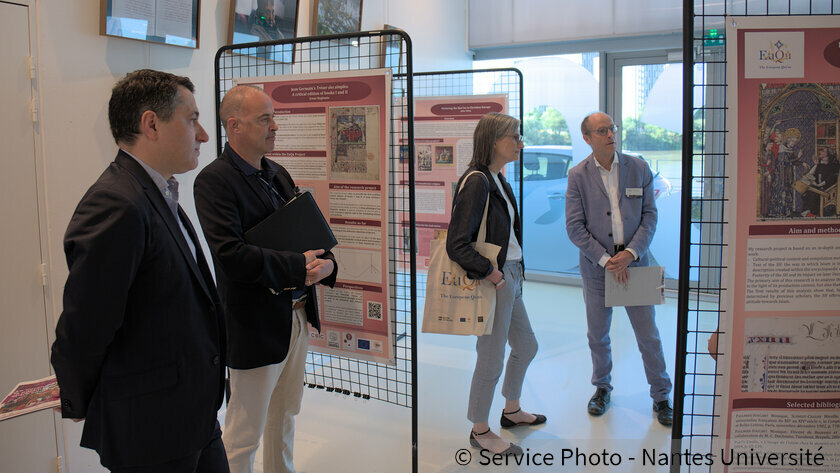
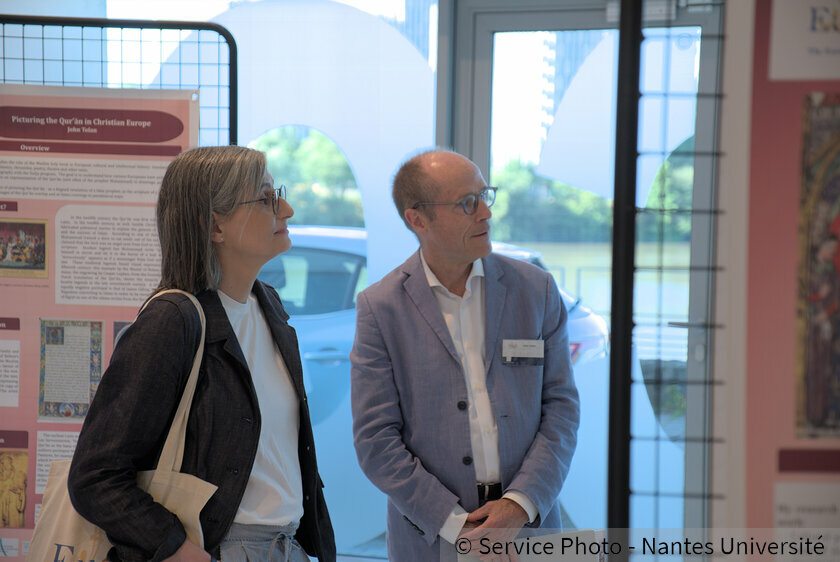
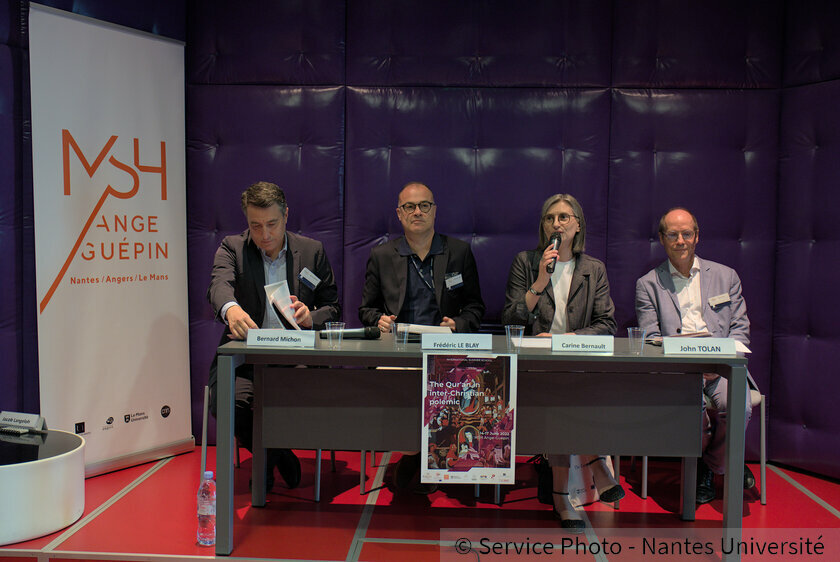
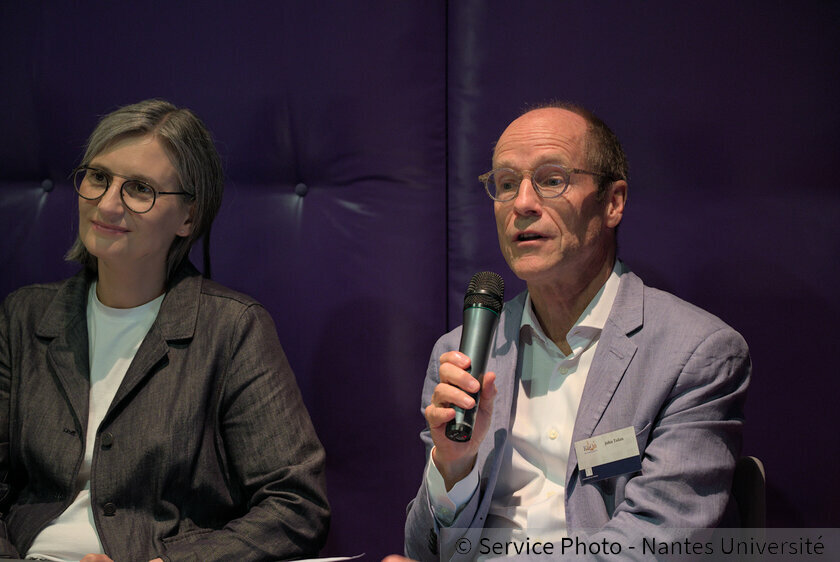
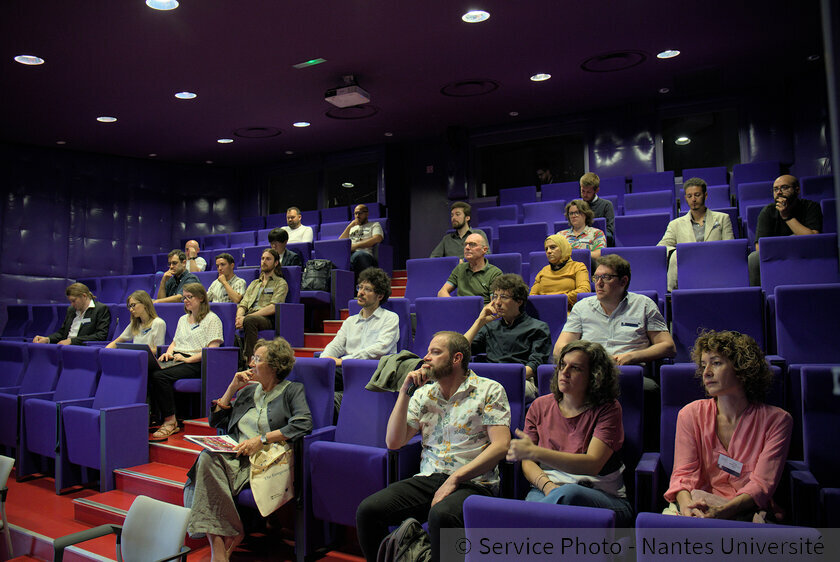
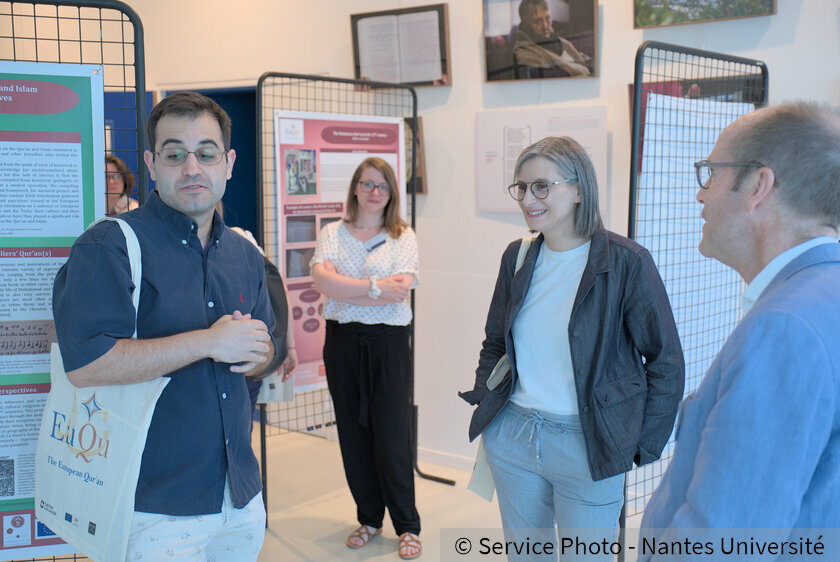
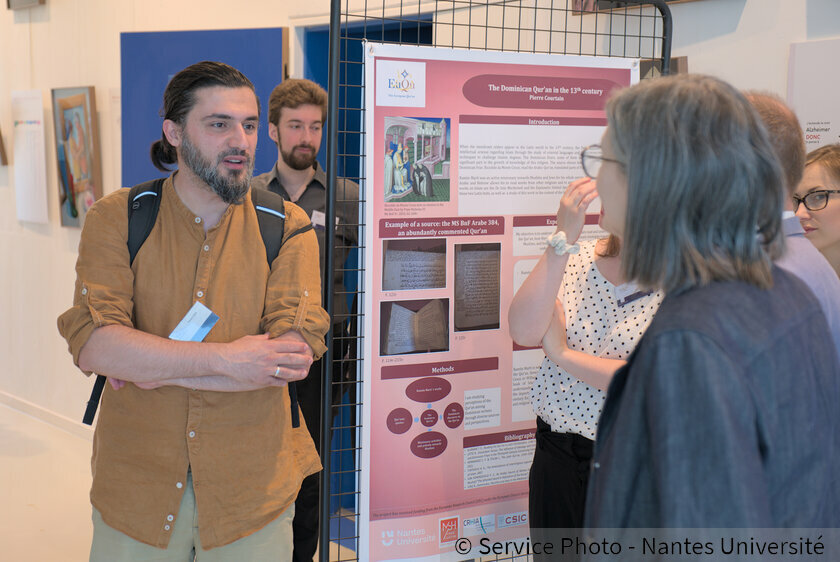
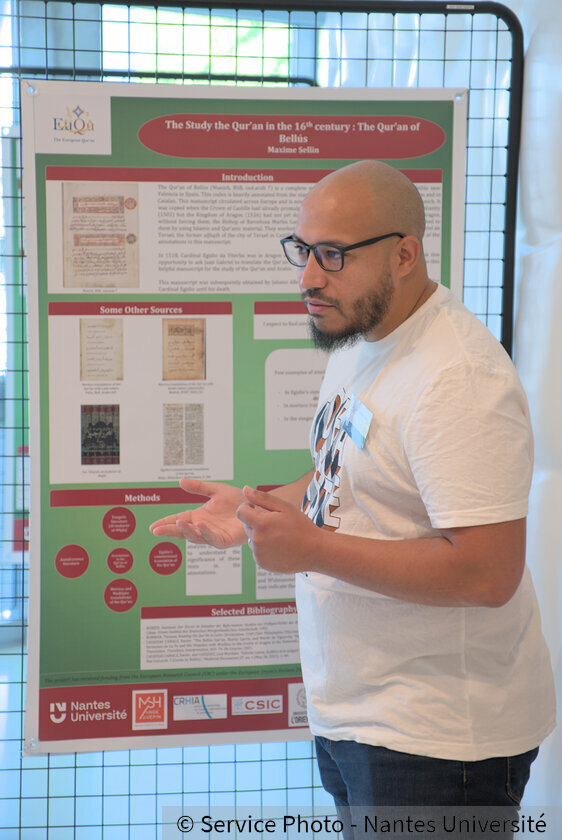
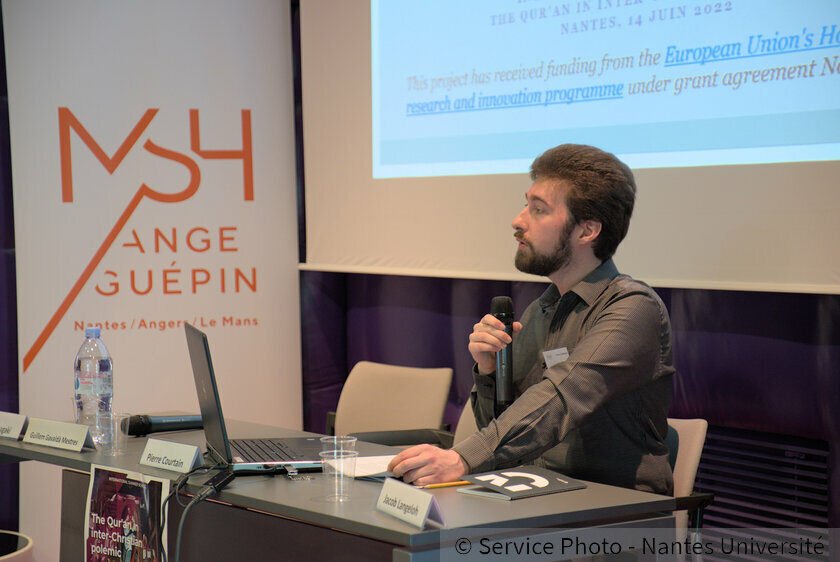
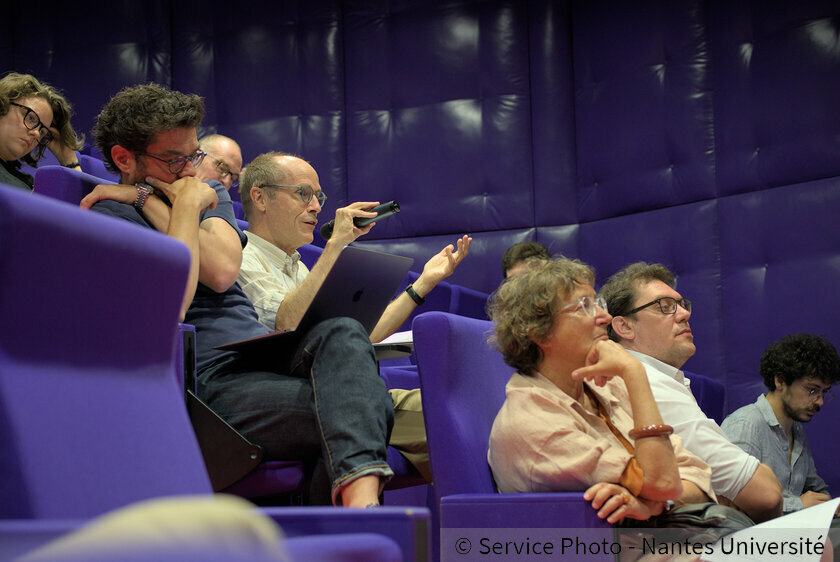
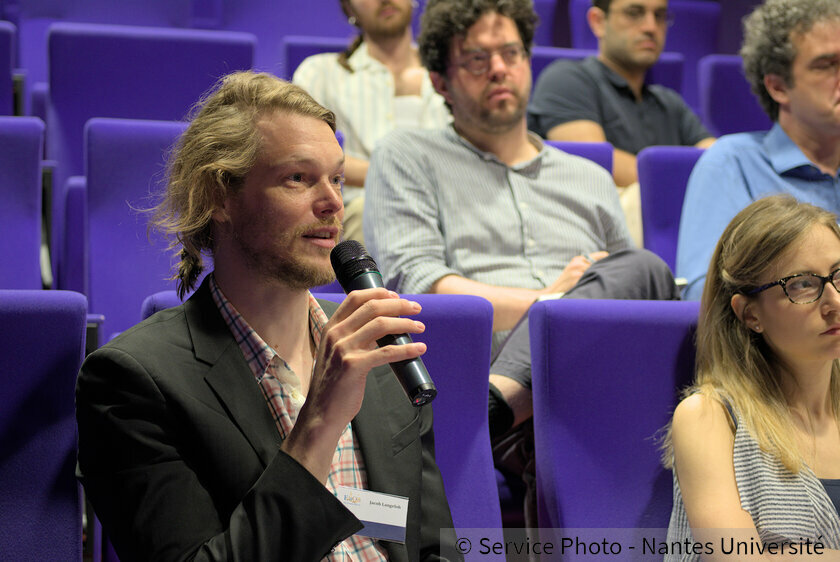
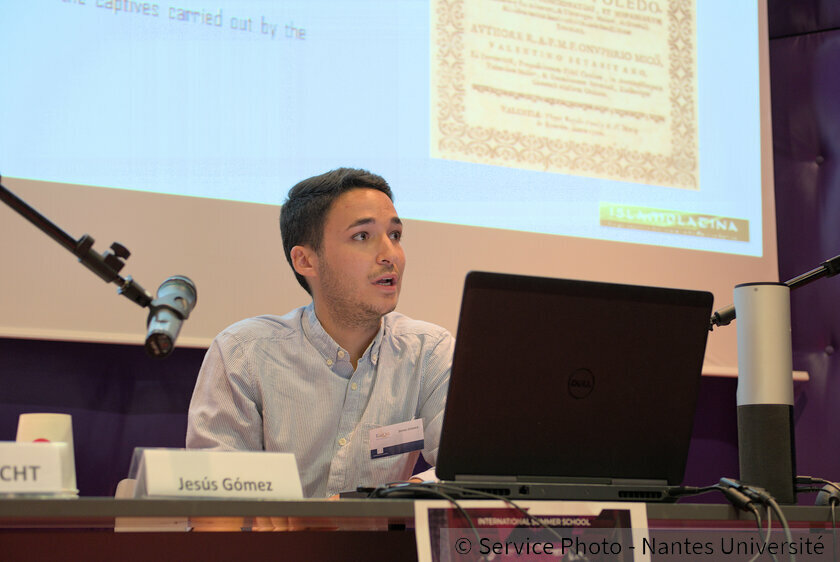
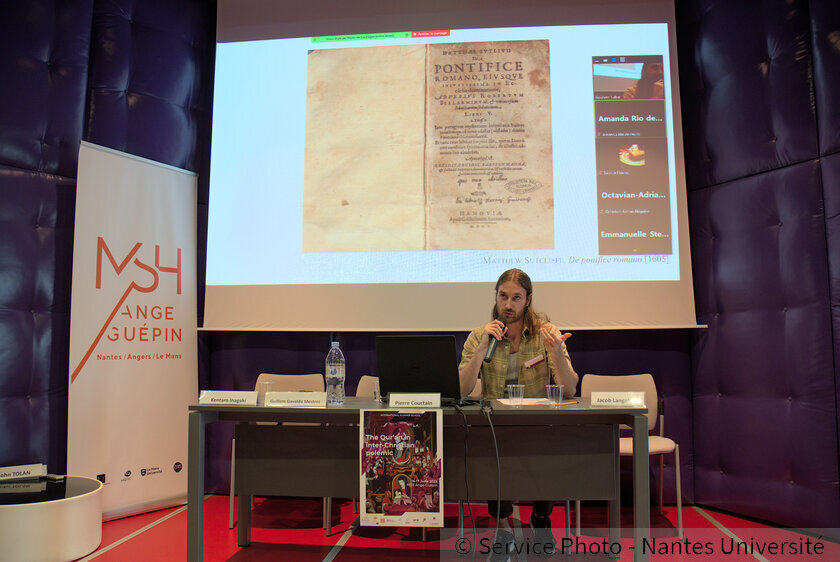
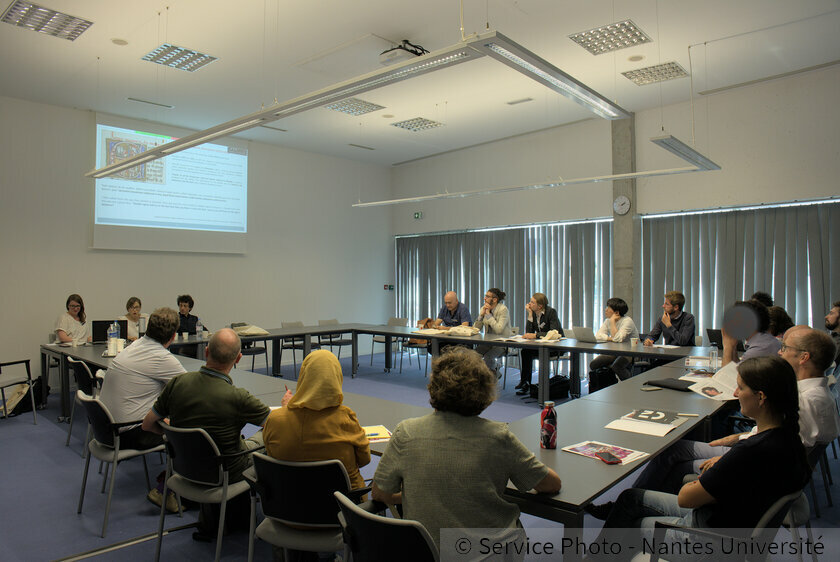
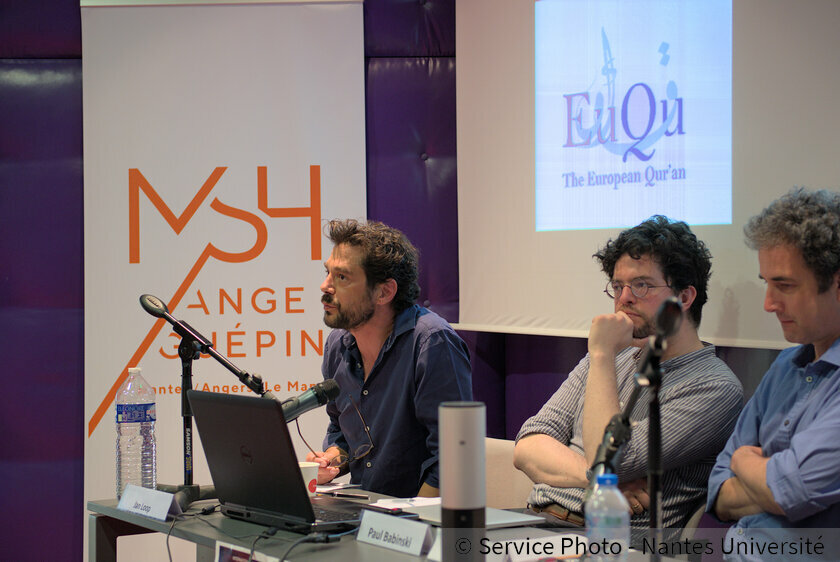
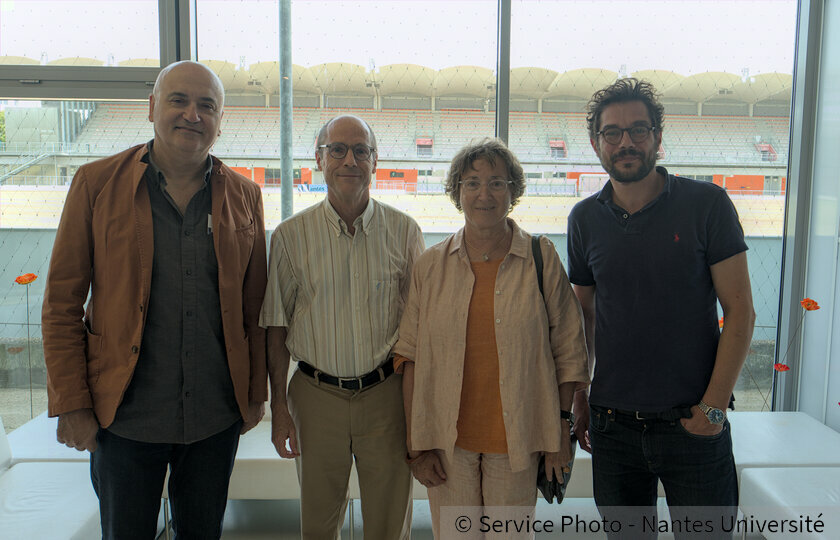
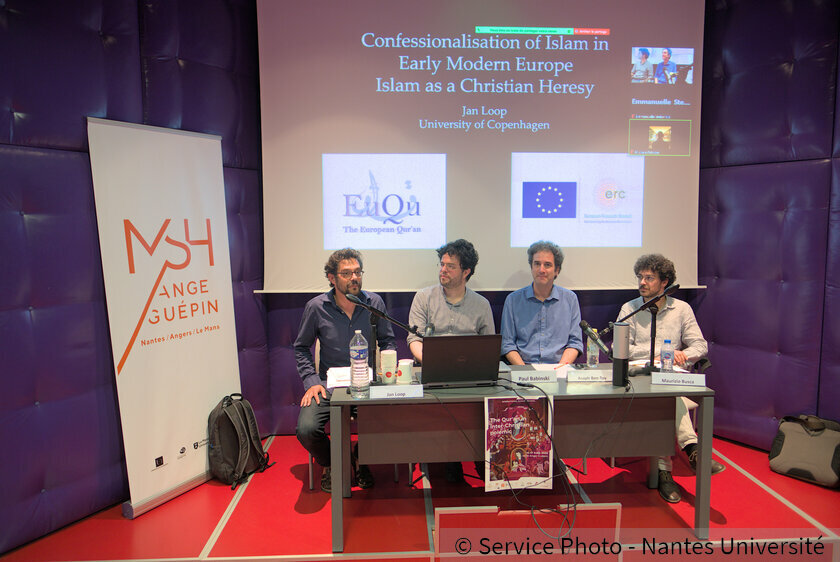
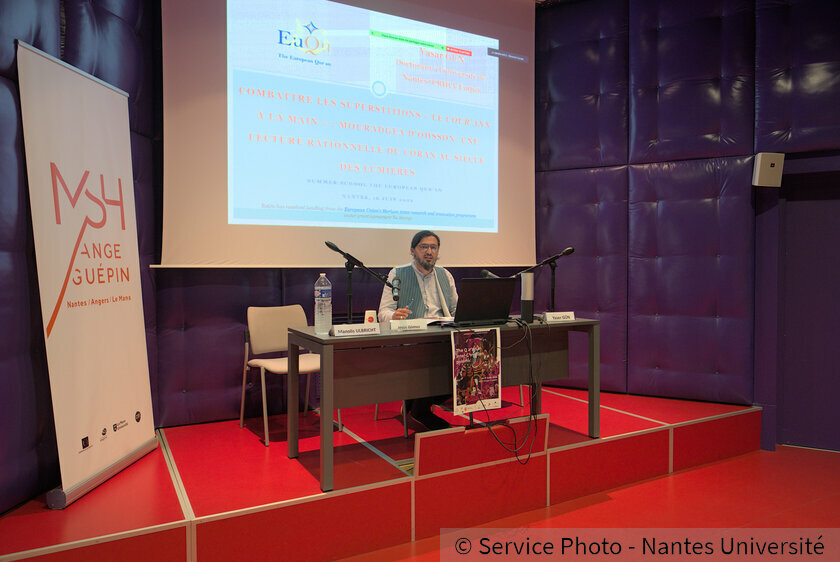
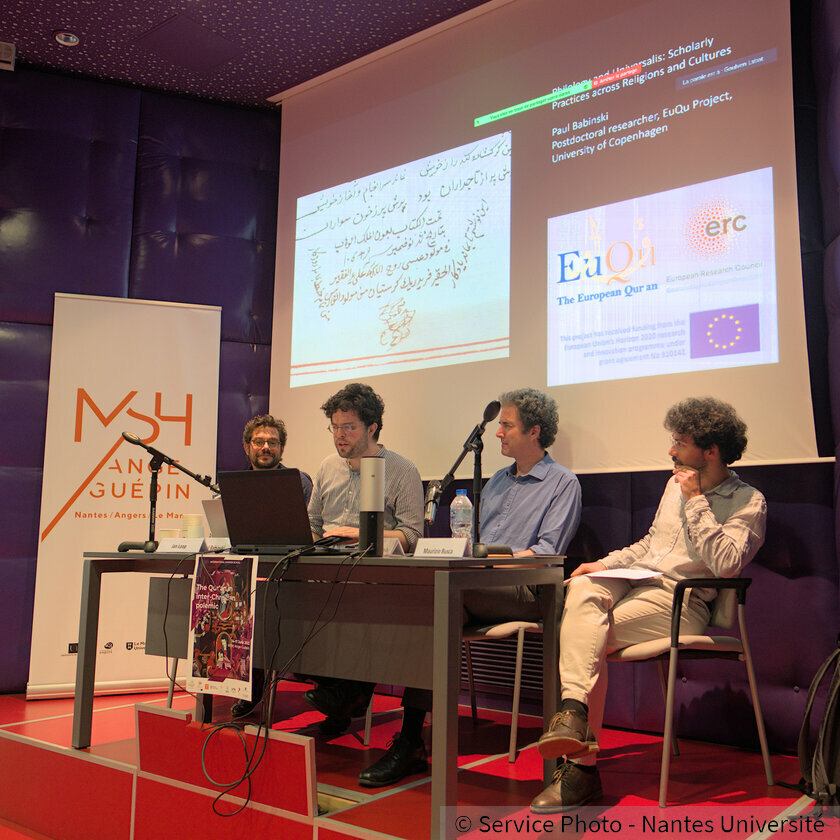
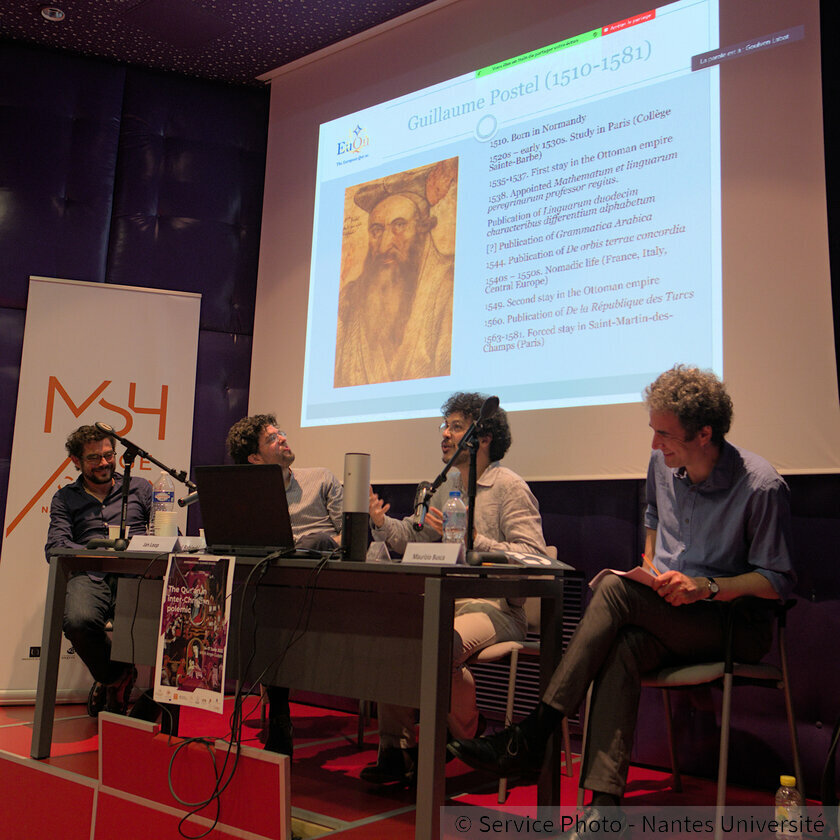
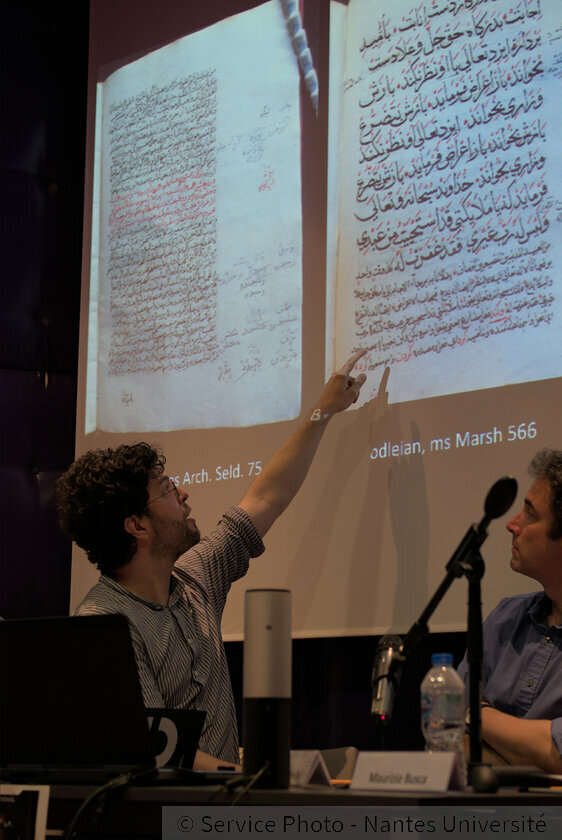
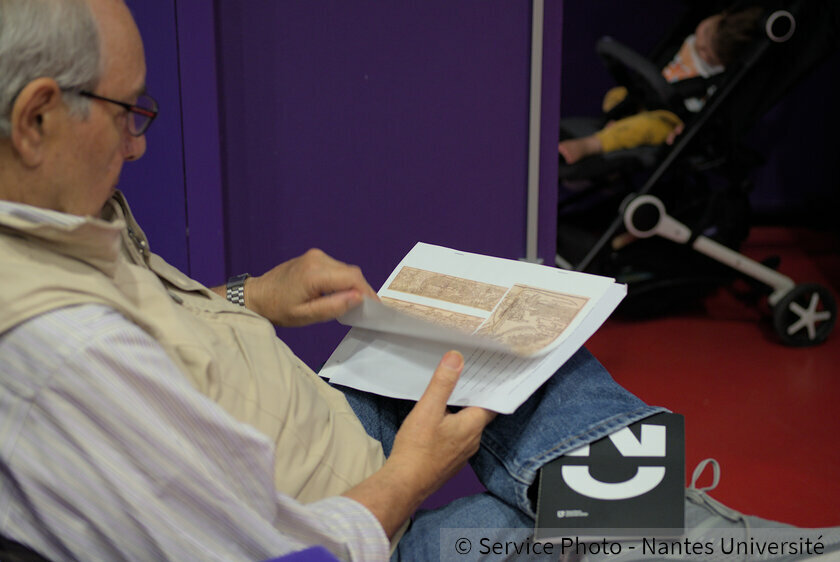
Mis à jour le 17 janvier 2023.

